Wastewater Treatment Facilities of the City of Karakol
78°21’58.662″E 42°32’22.061″N
The wastewater treatment facilities in the city of Karakol are morally and physically worn out and require urgent reconstruction. The treatment facilities in Karakol are an environmentally hazardous site and are located with a slope towards Lake Issyk-Kul in the water protection zone of the Karakol River. The retention pond is contaminated with wastewater and, due to the accumulation of sediments, is overflowing, with the water level above the critical threshold.
The wastewater treatment facilities in Karakol were built in the 1980s and have not been repaired since the Soviet era.
Wastewater flows into the treatment facilities, and the water is then used for irrigating arable land in the Ak-Suu district's water management. However, due to the long absence of repairs, the wastewater is not being adequately filtered.
Experts assert that poorly treated water can harm crops and plants. The agency noted that landowners are not fully provided with clean water, forcing them to use water from the treatment facilities.
Experts express concerns about the potential for an ecological disaster in the waters of the lake if the emergency treatment facilities continue to be operated.
The wastewater treatment facilities in the city of Karakol are morally and physically worn out and require urgent reconstruction. The treatment facilities in Karakol are an environmentally hazardous site and are located with a slope towards Lake Issyk-Kul in the water protection zone of the Karakol River. The retention pond is contaminated with wastewater and, due to the accumulation of sediments, is overflowing, with the water level above the critical threshold.
The wastewater treatment facilities in Karakol were built in the 1980s and have not been repaired since the Soviet era.
Wastewater flows into the treatment facilities, and the water is then used for irrigating arable land in the Ak-Suu district's water management. However, due to the long absence of repairs, the wastewater is not being adequately filtered.
Experts assert that poorly treated water can harm crops and plants. The agency noted that landowners are not fully provided with clean water, forcing them to use water from the treatment facilities.
Experts express concerns about the potential for an ecological disaster in the waters of the lake if the emergency treatment facilities continue to be operated.

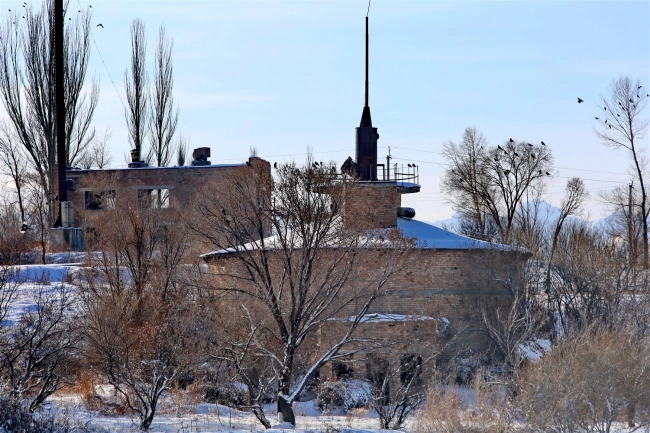
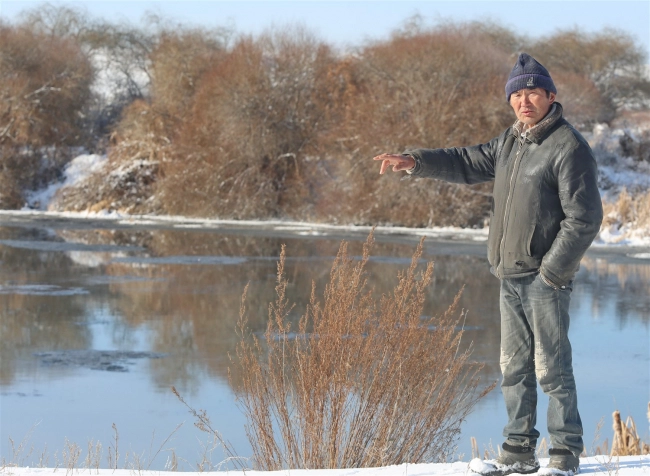
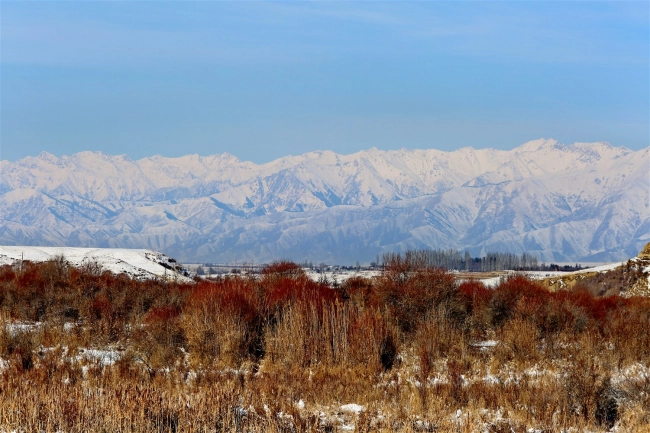
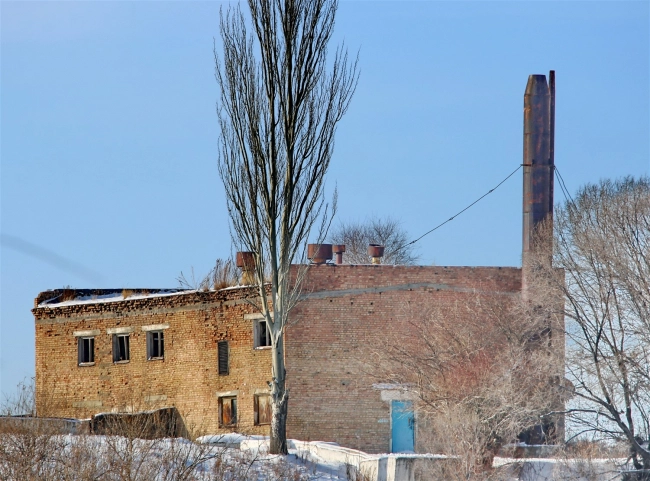
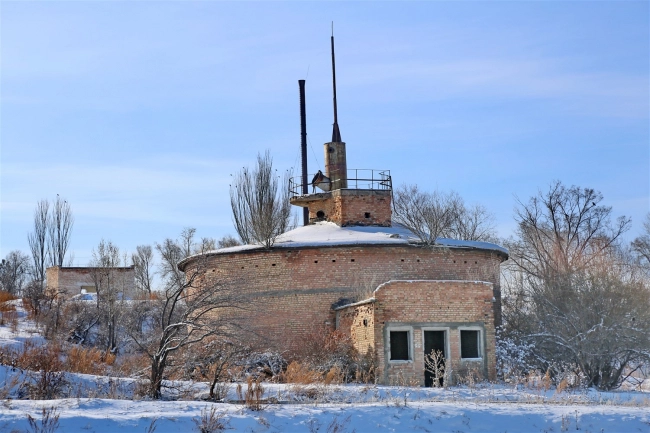
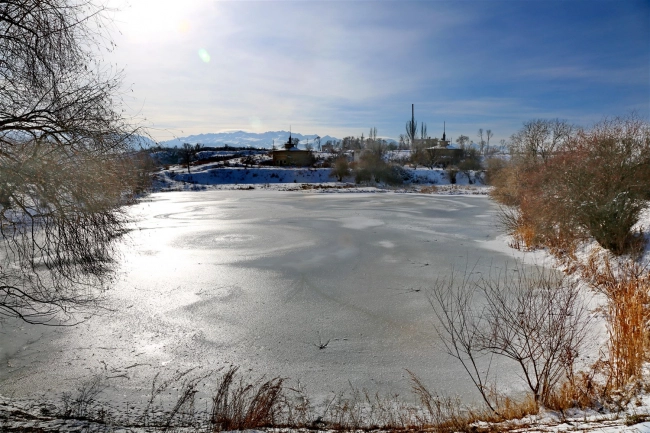
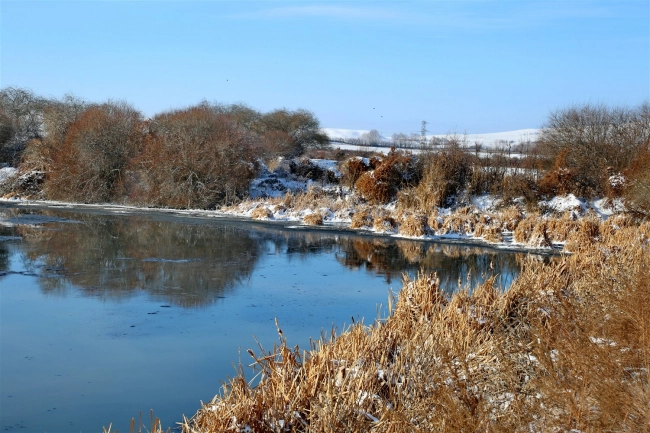
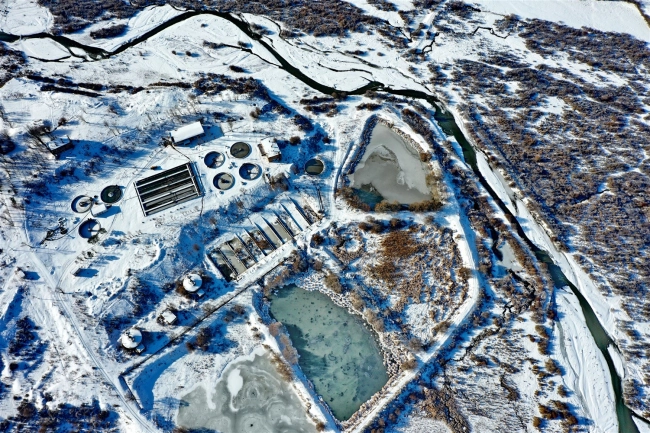
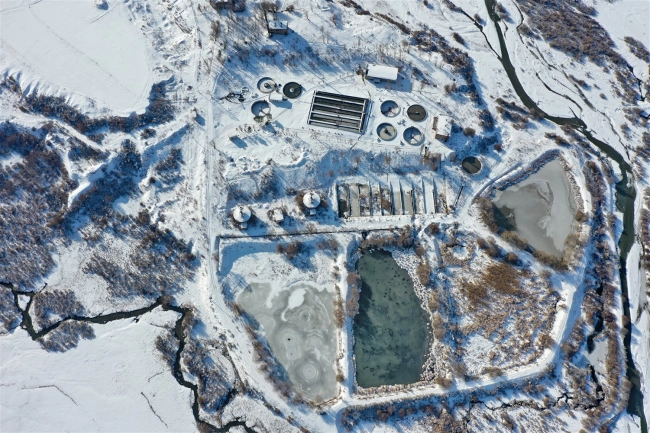
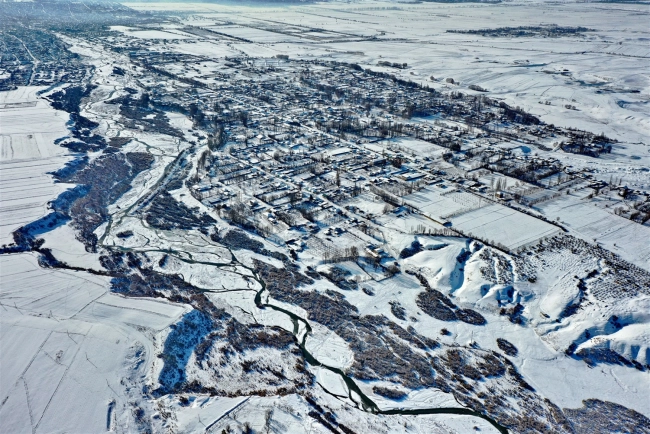
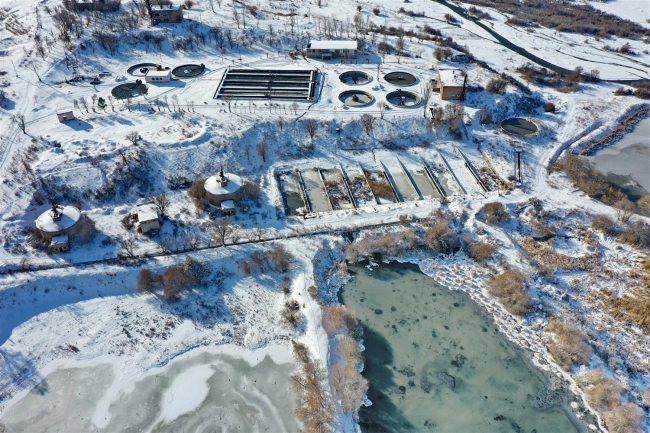
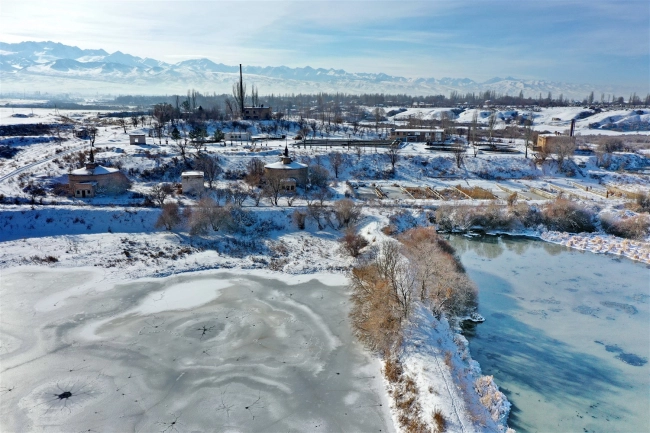
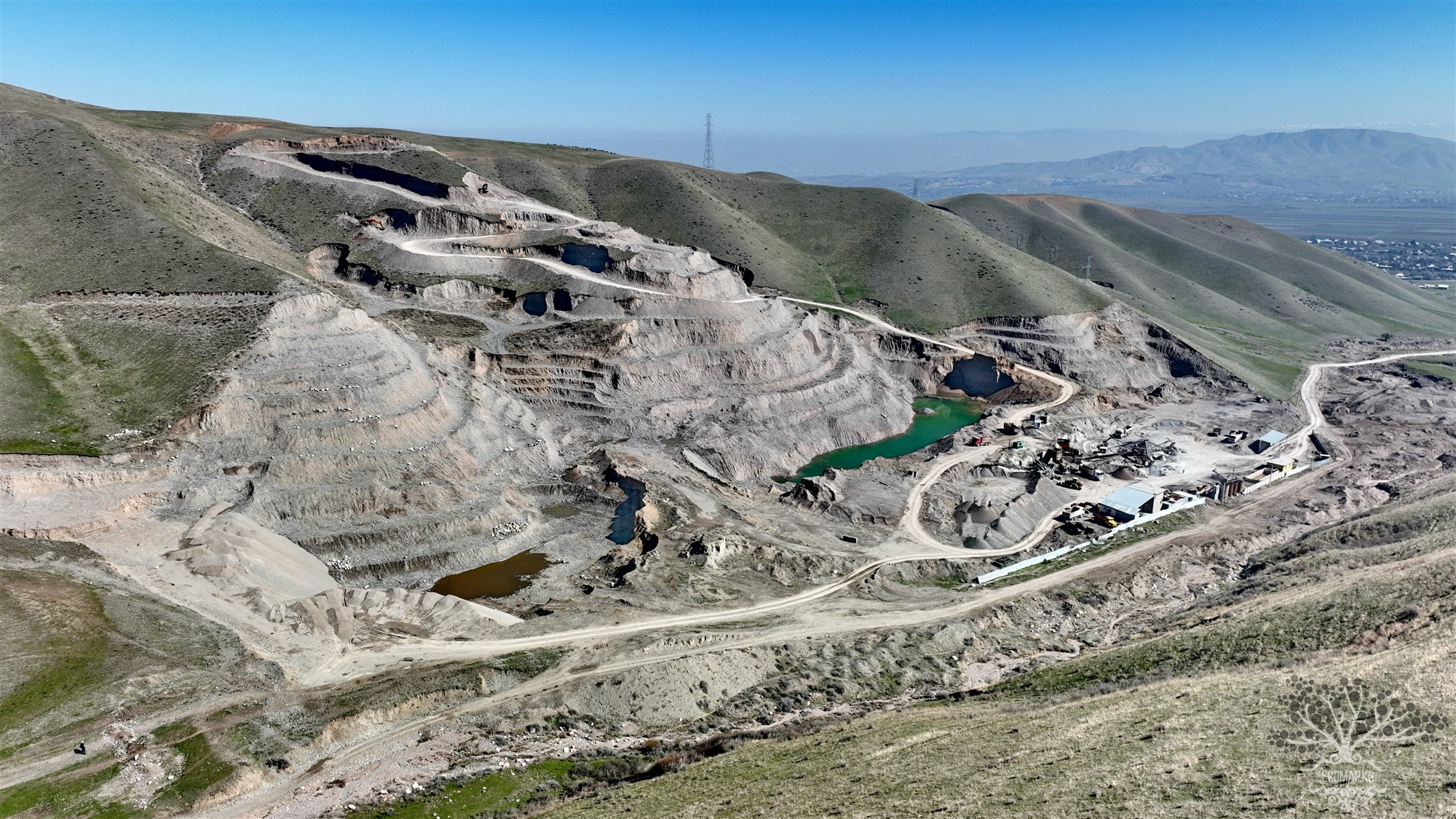
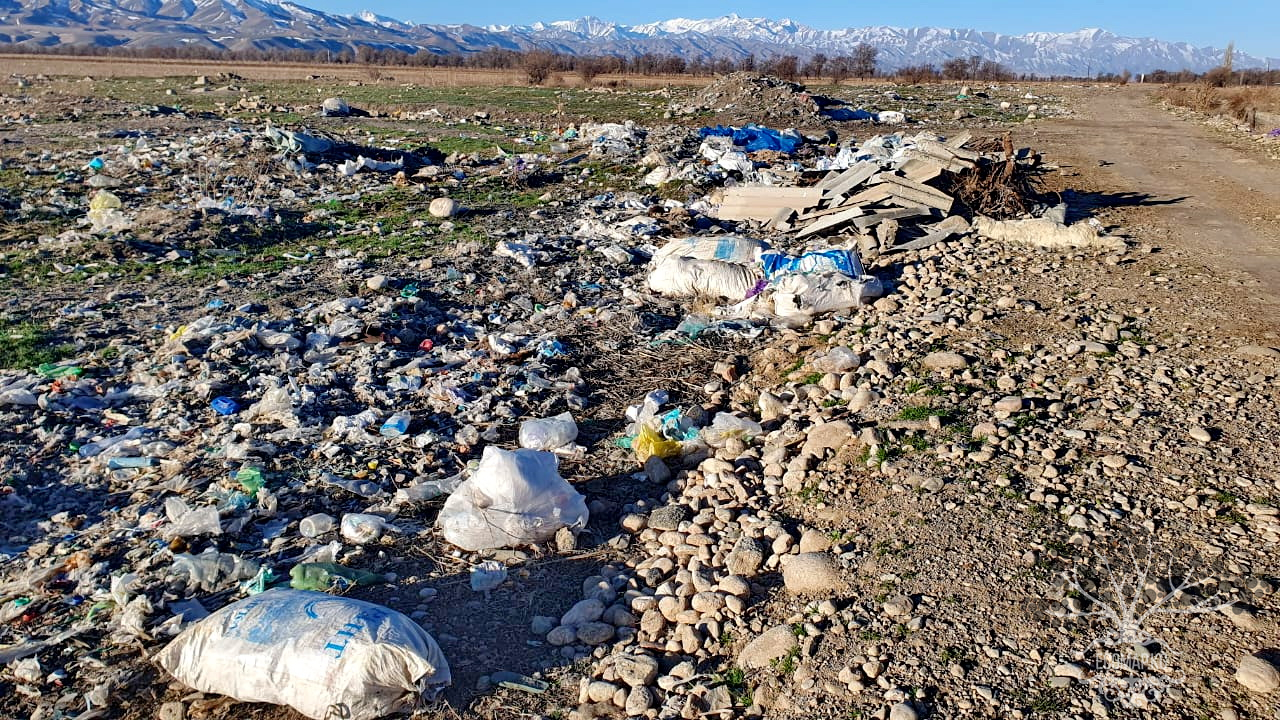
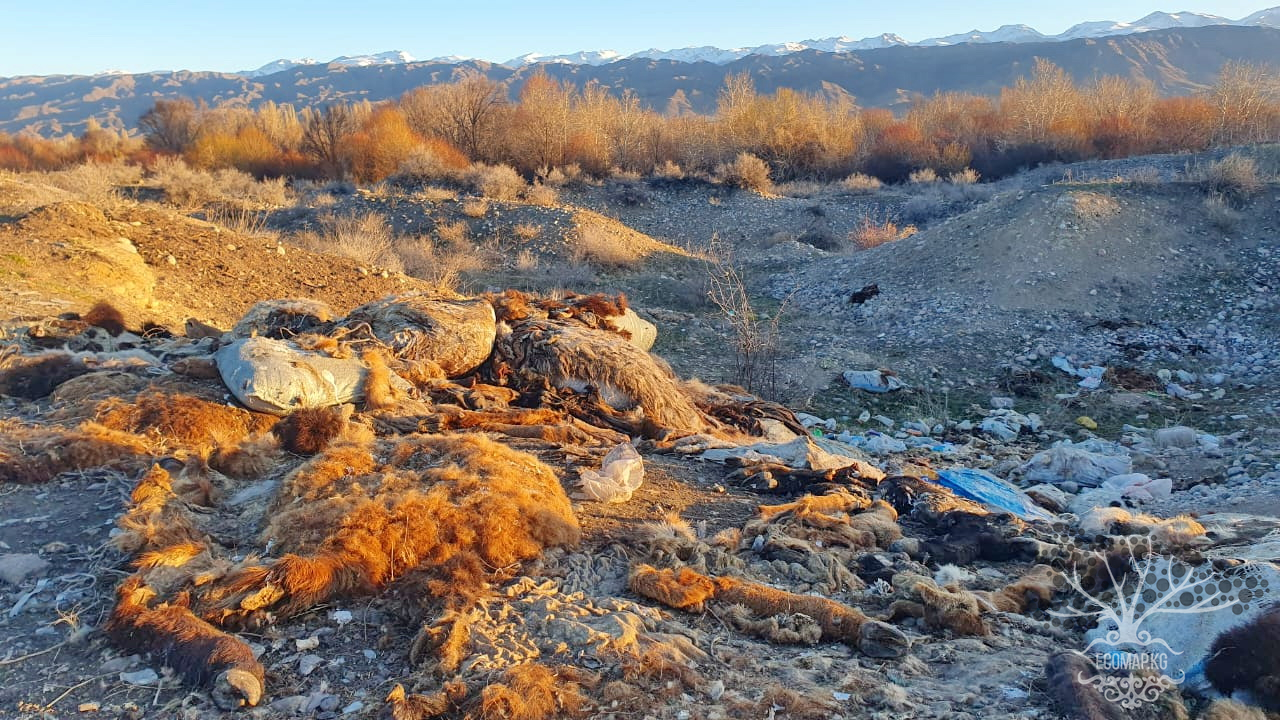
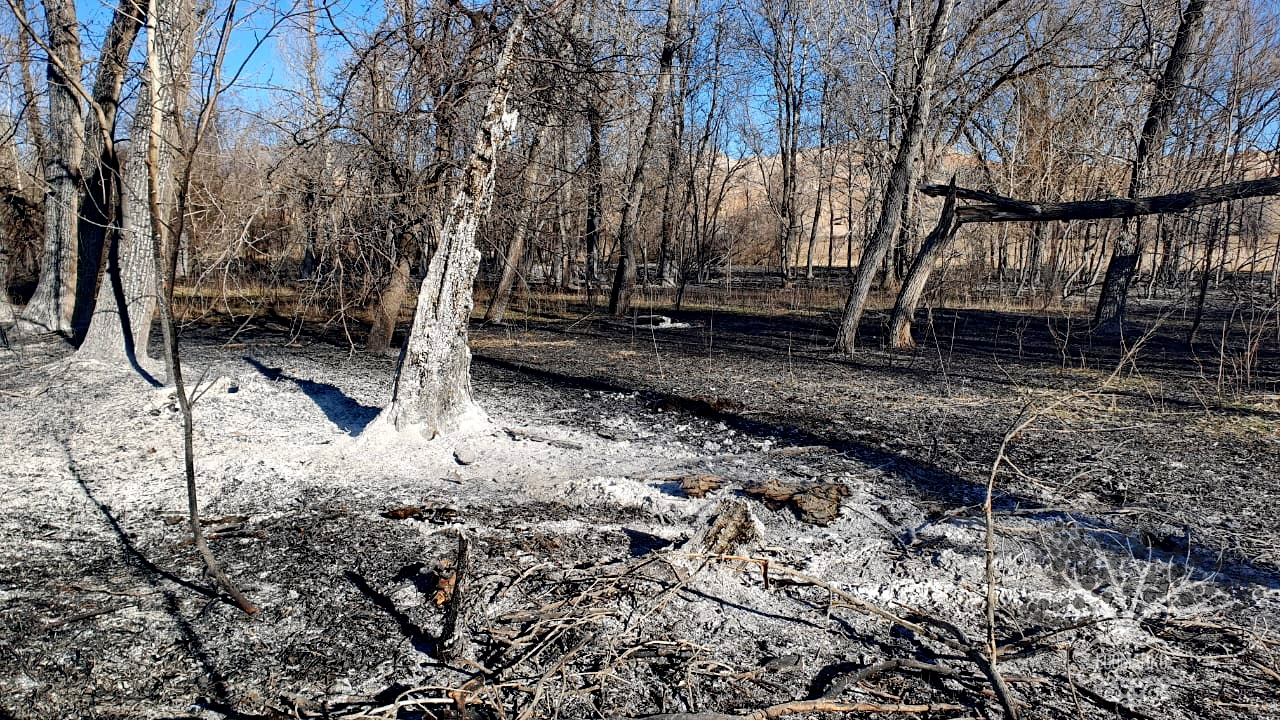


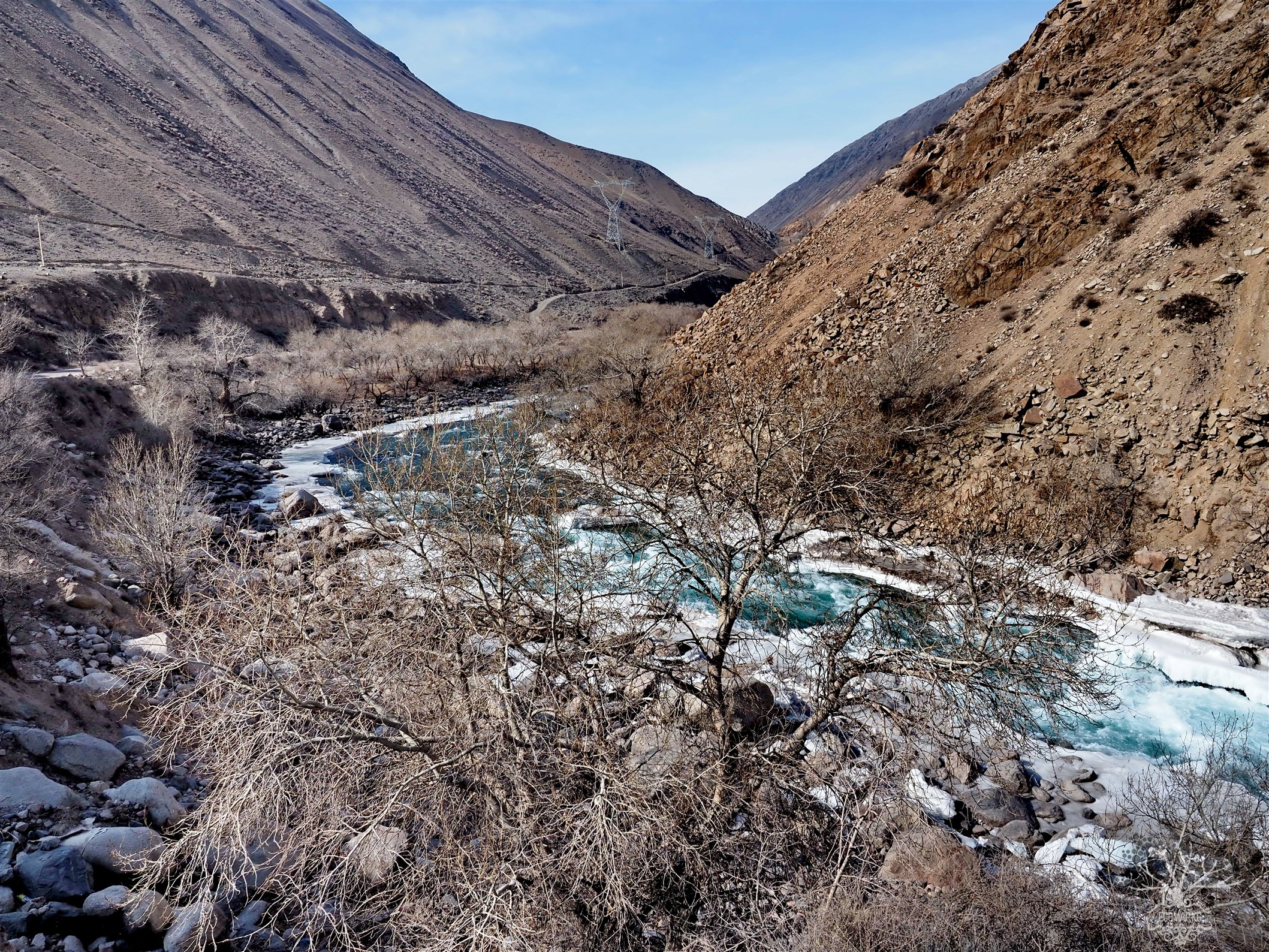
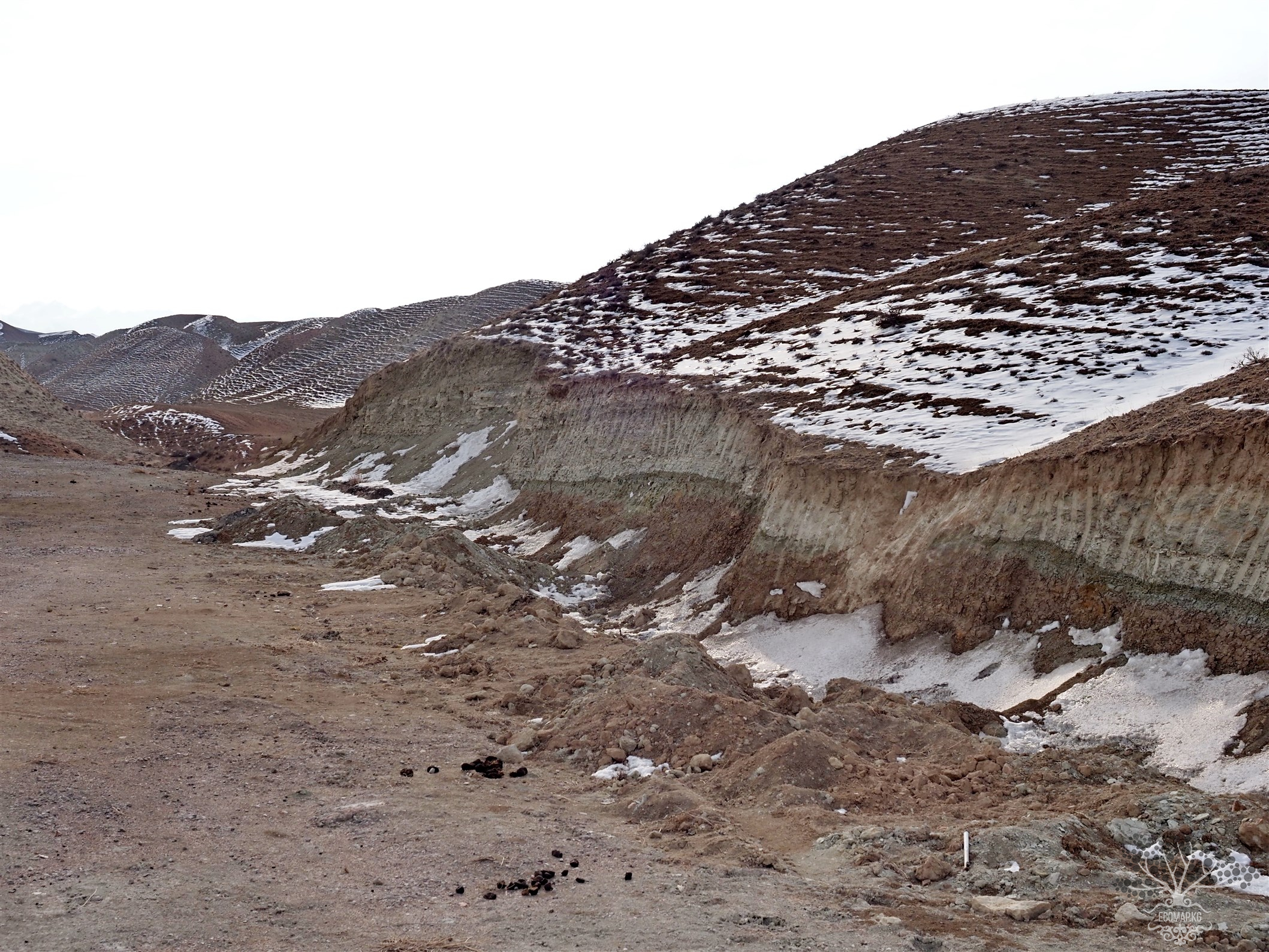
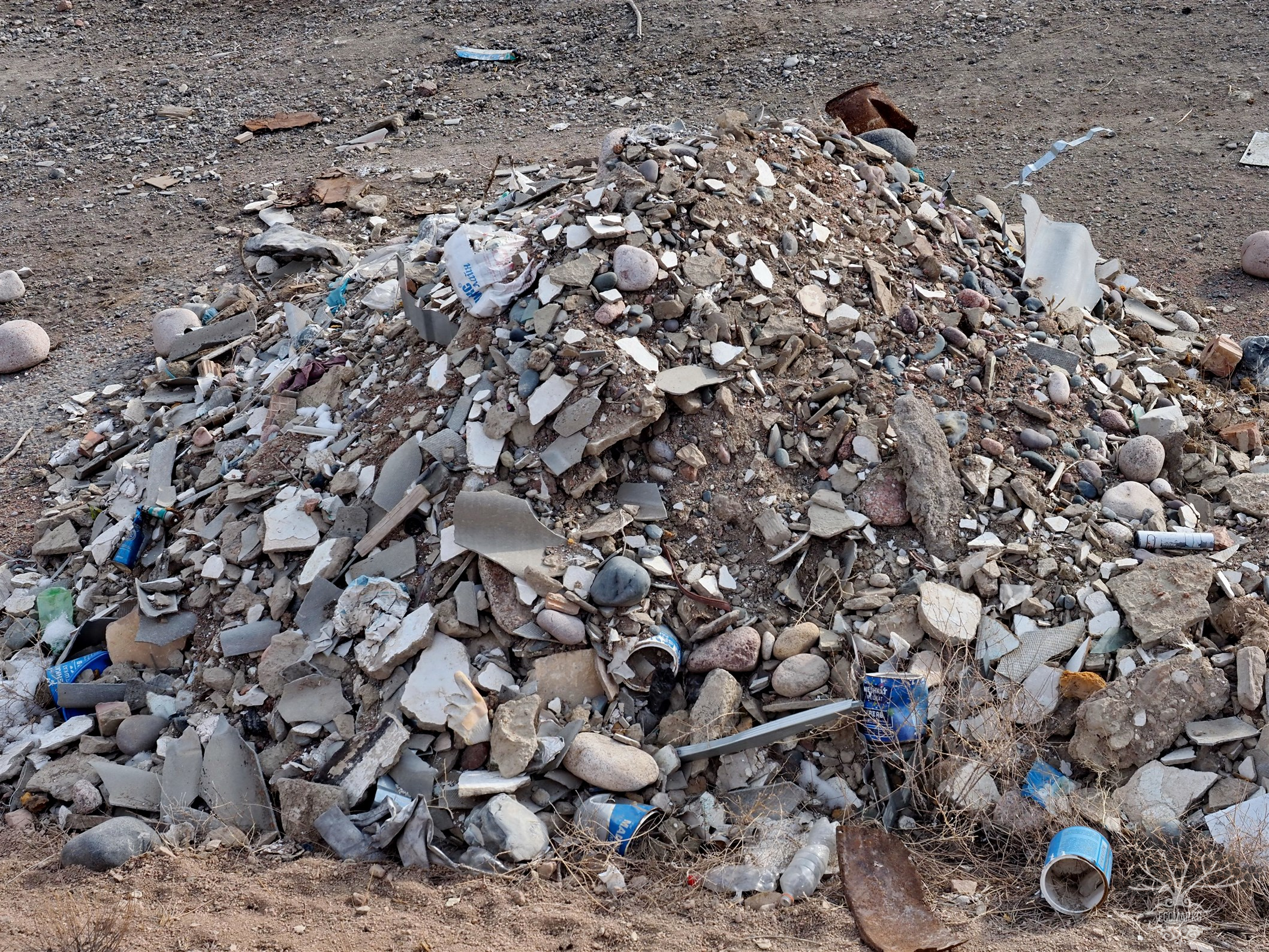
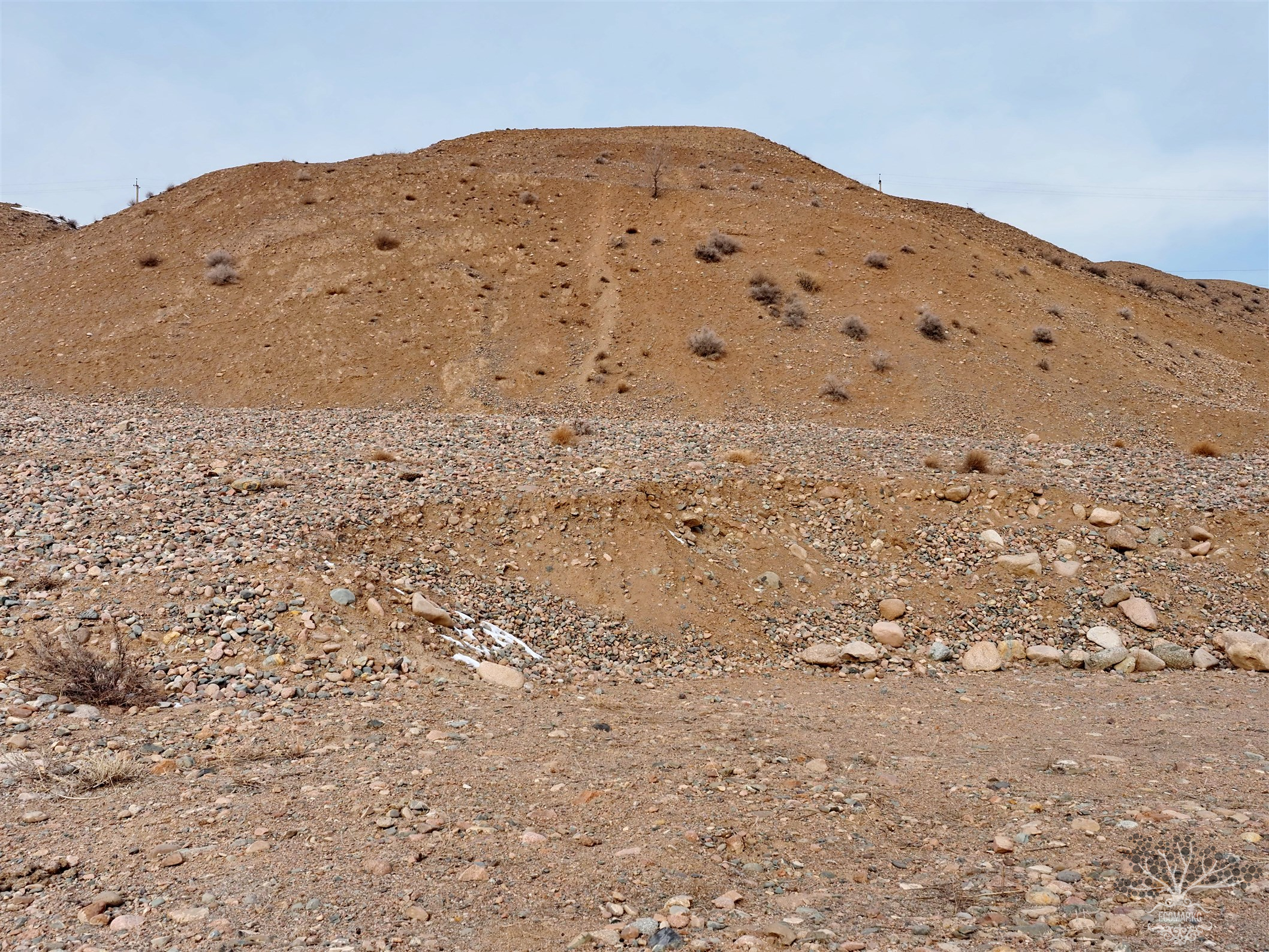


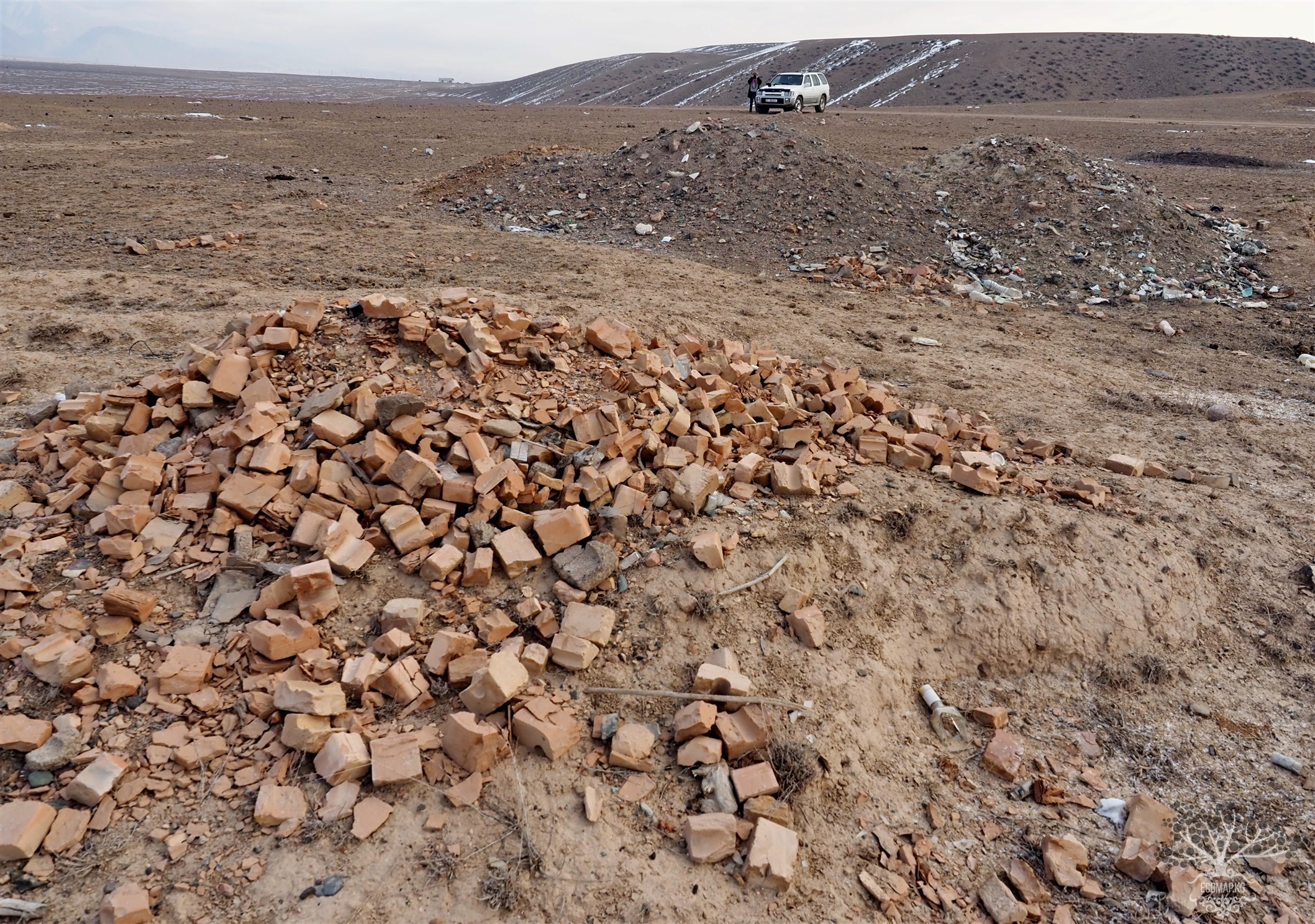
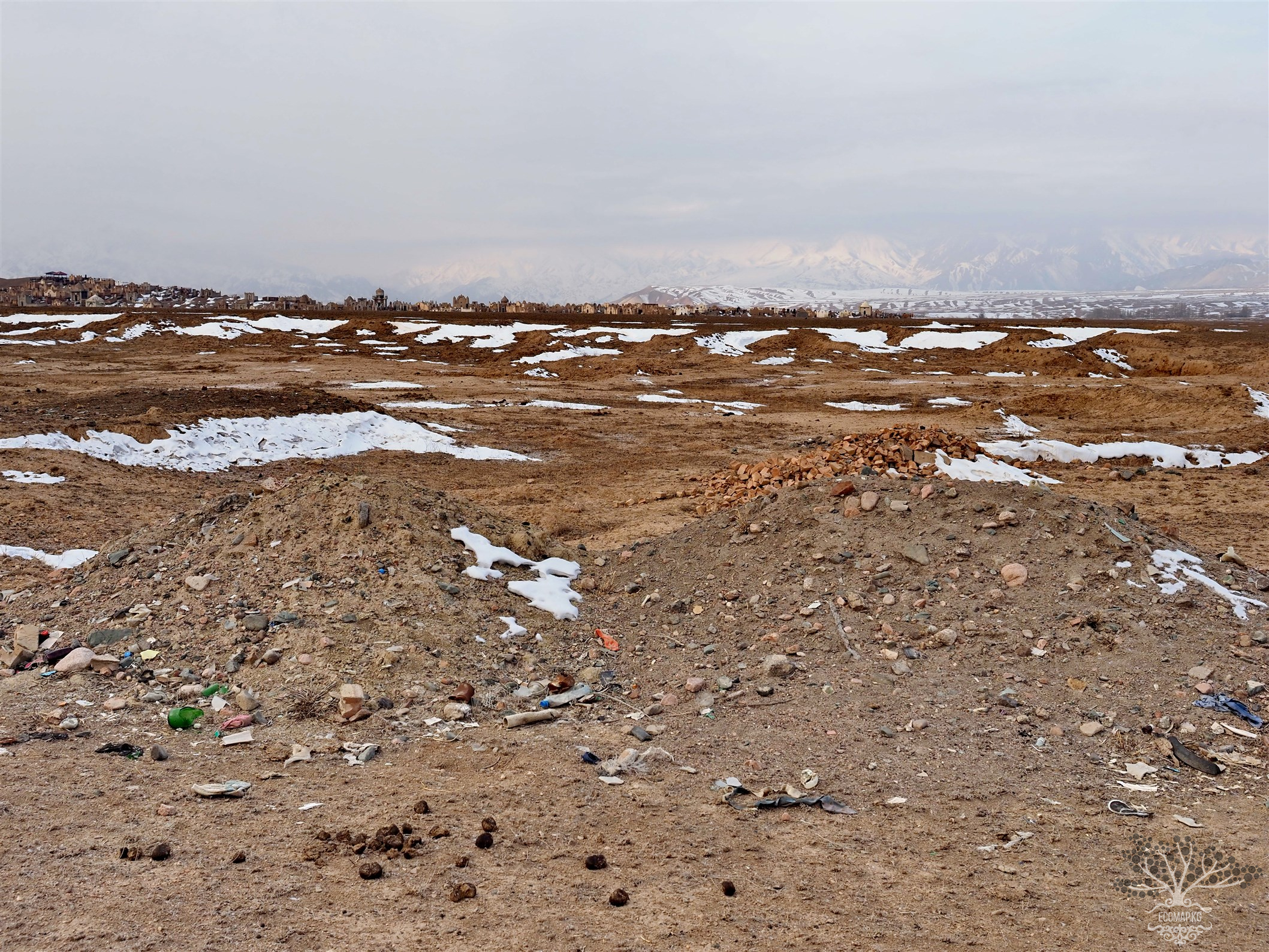

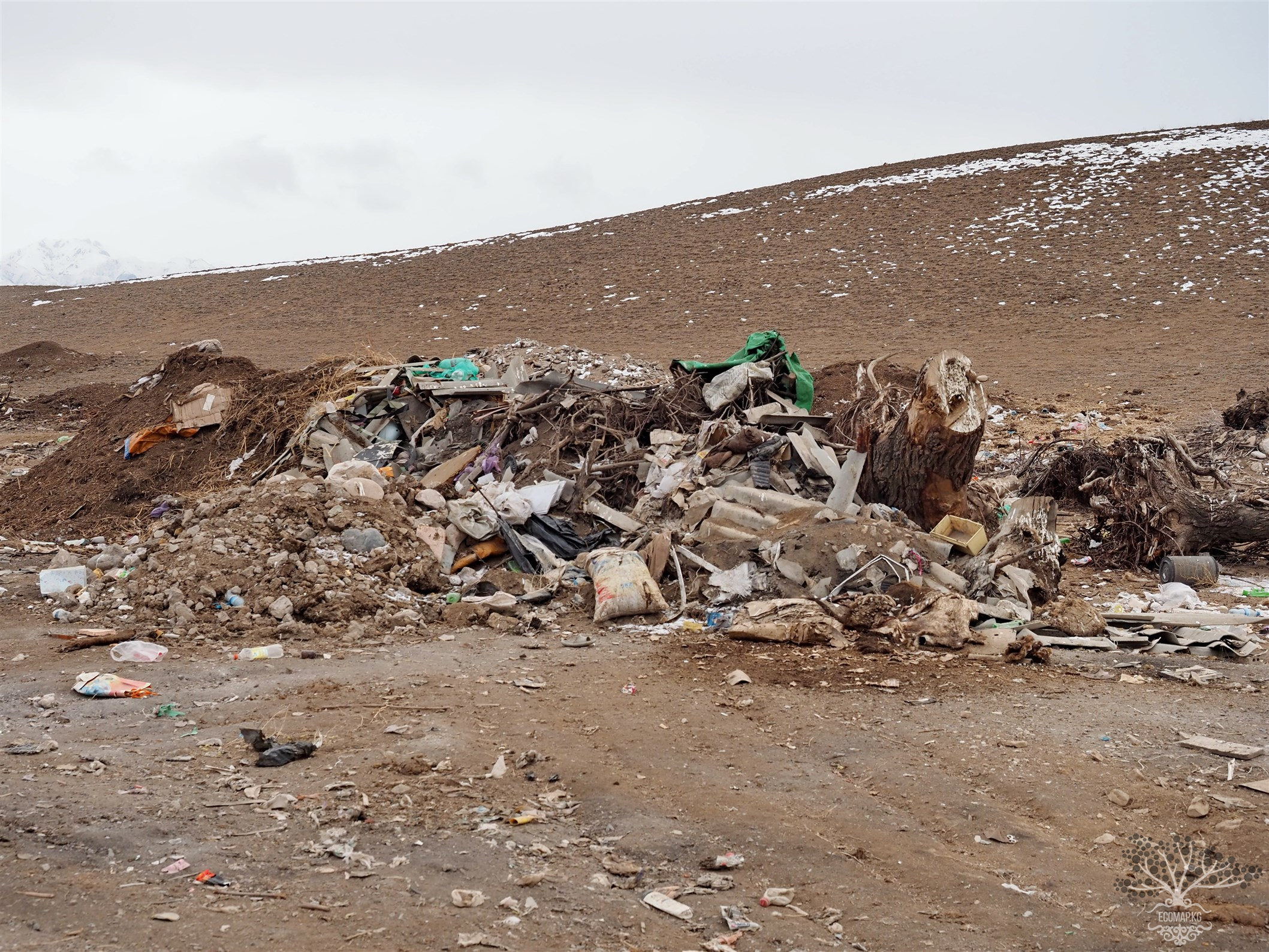
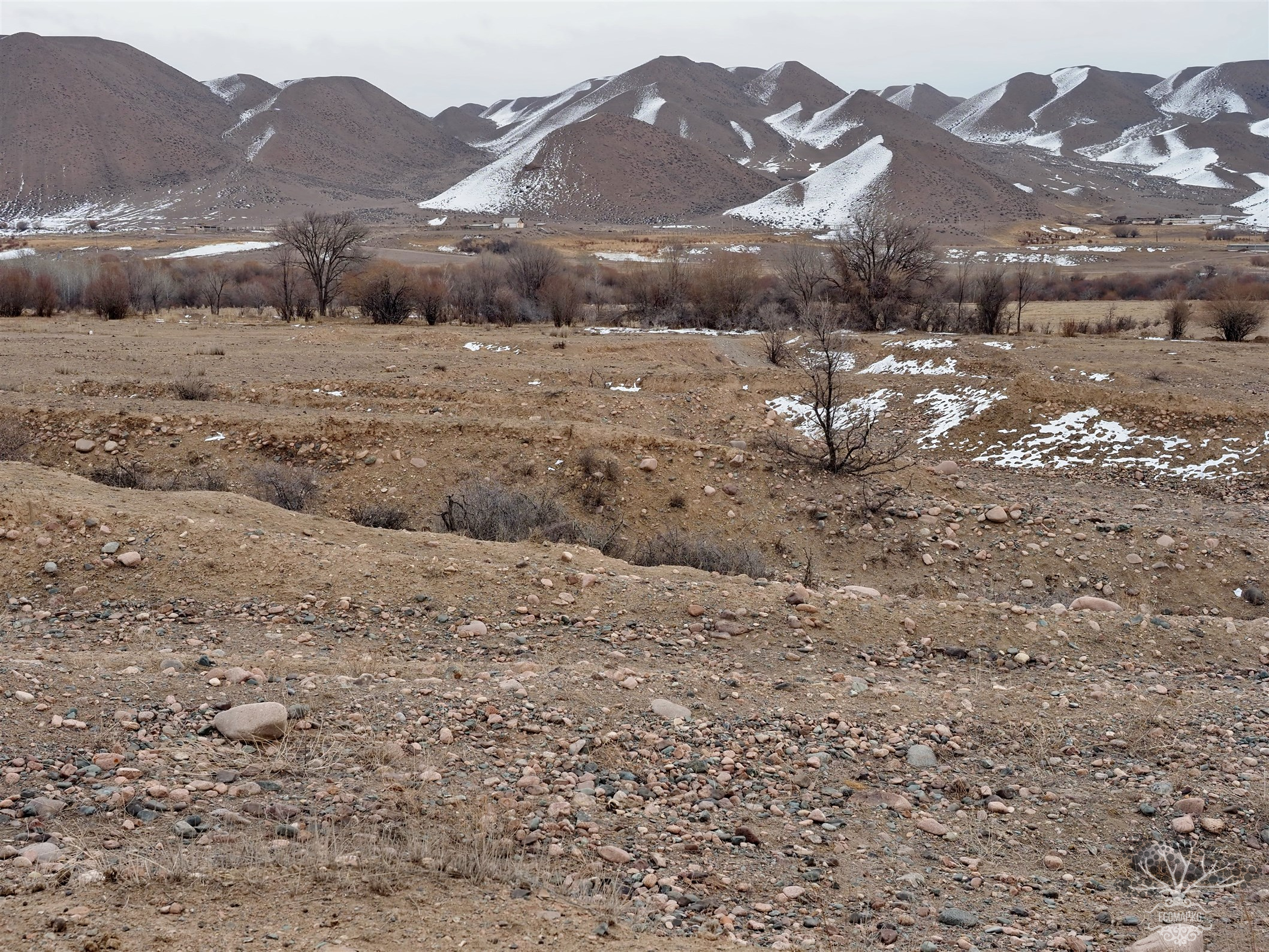
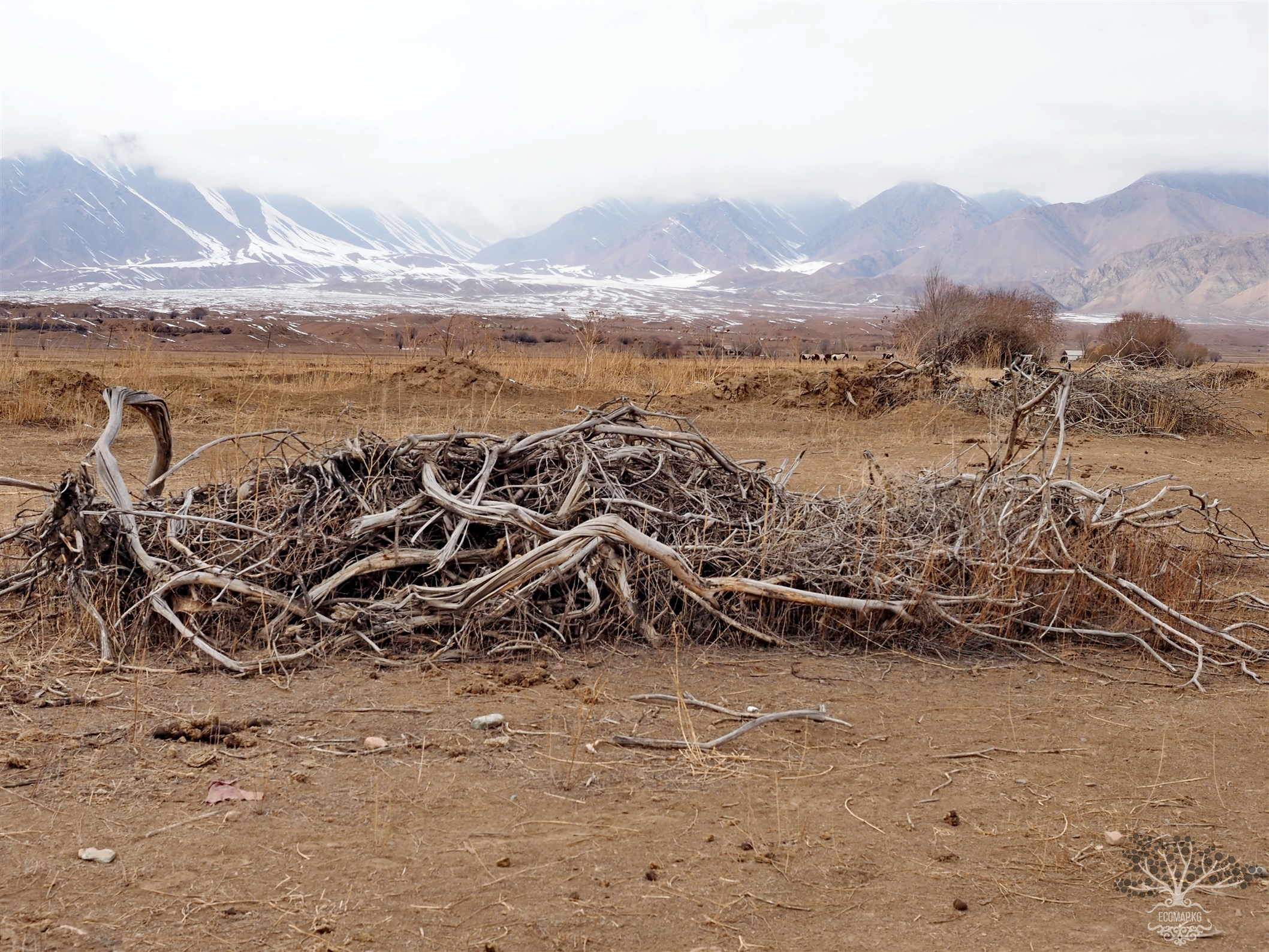
Attention: Information based on submitted complaints